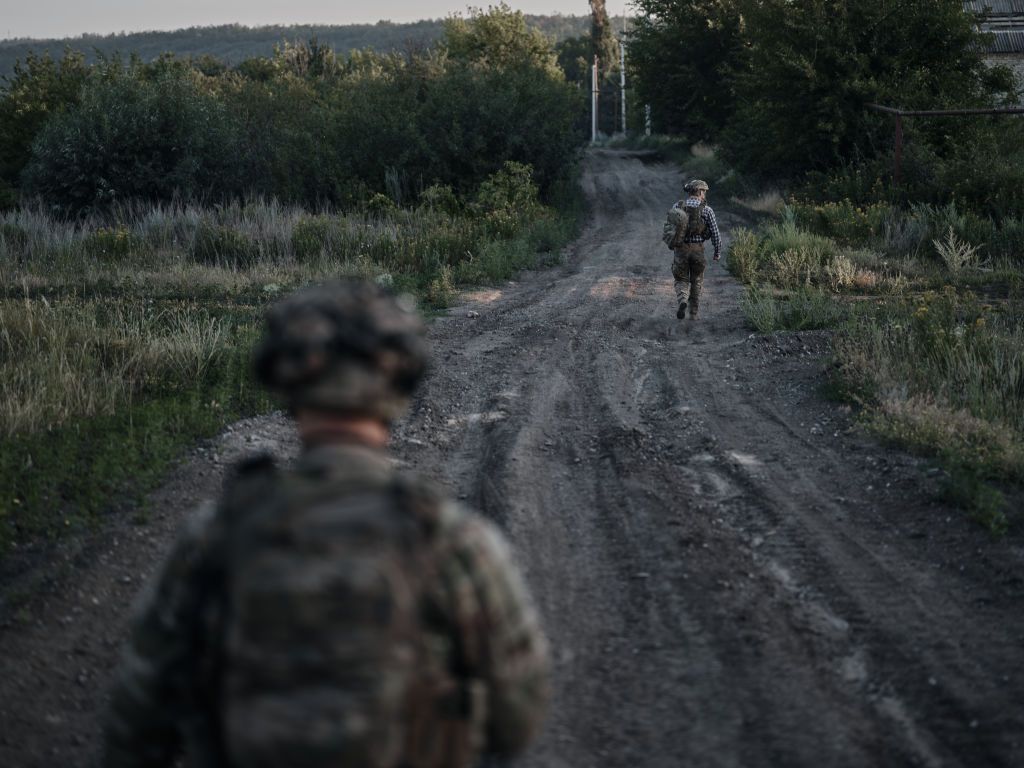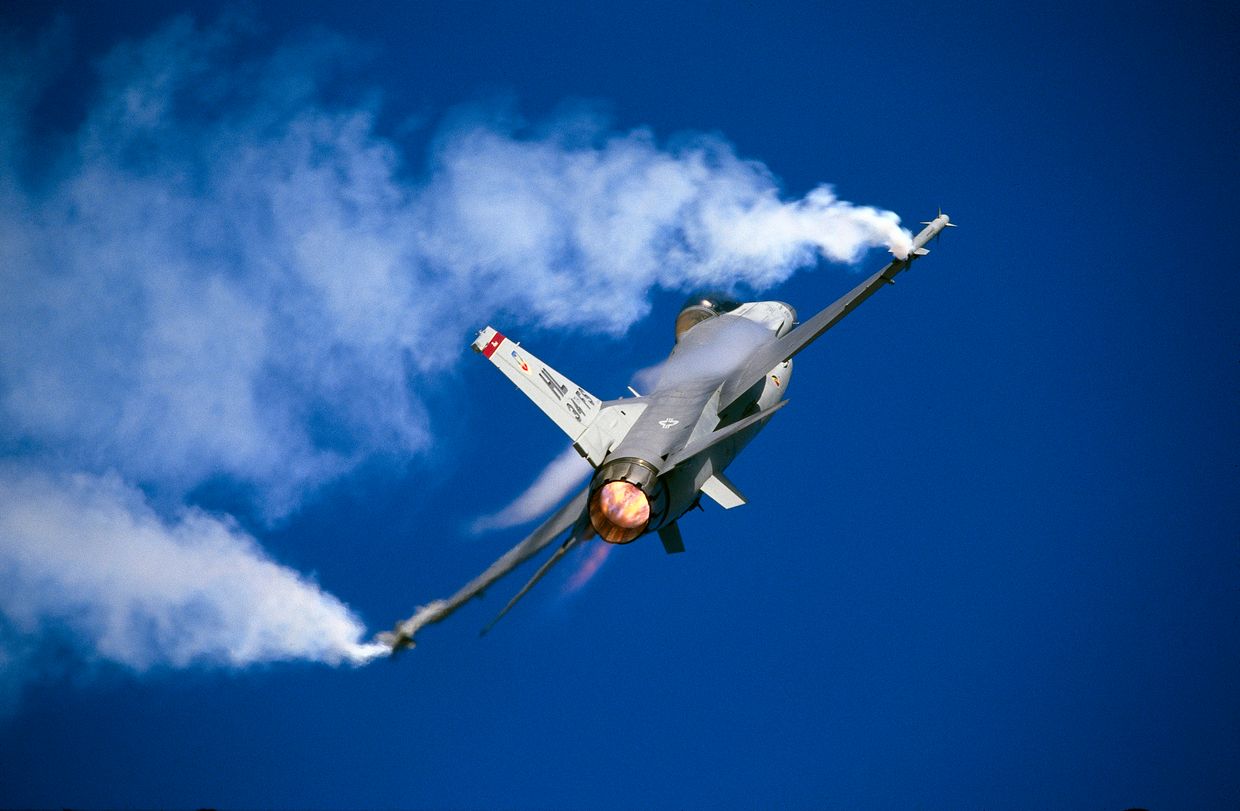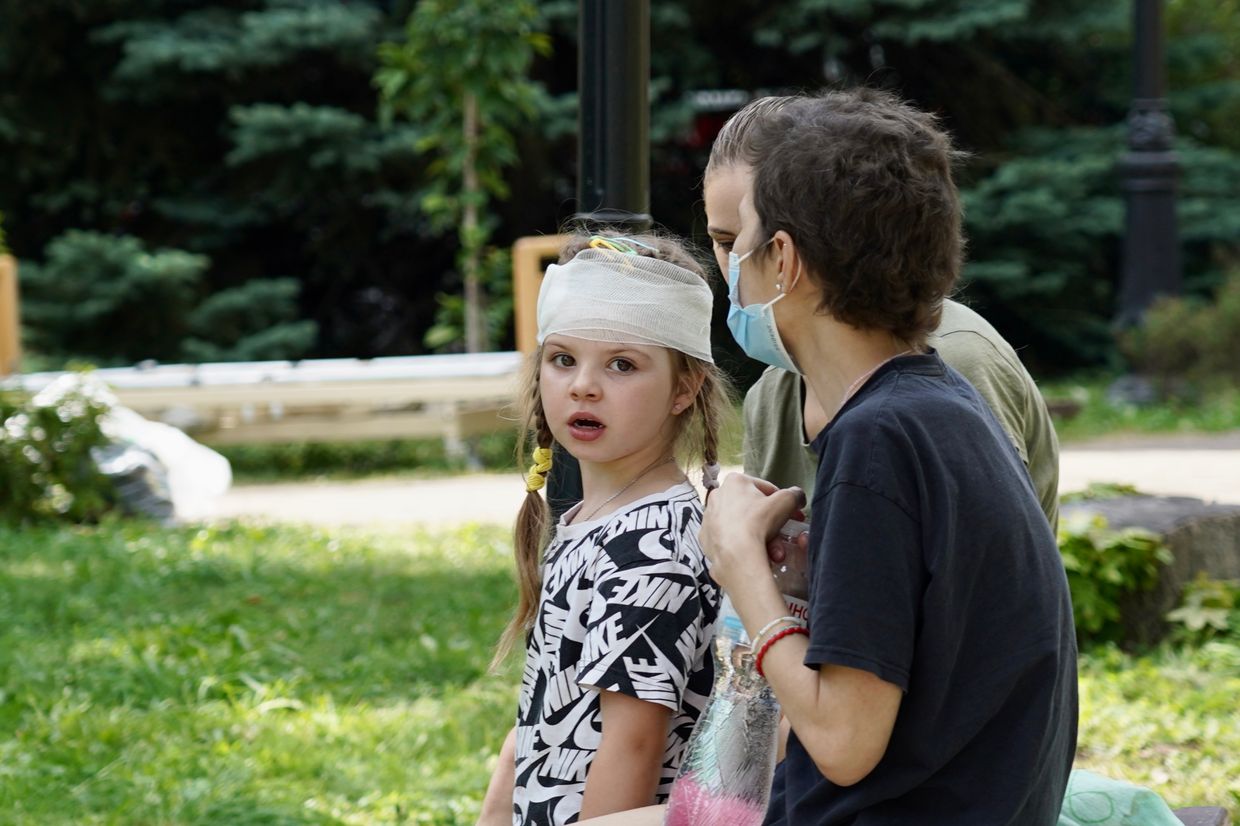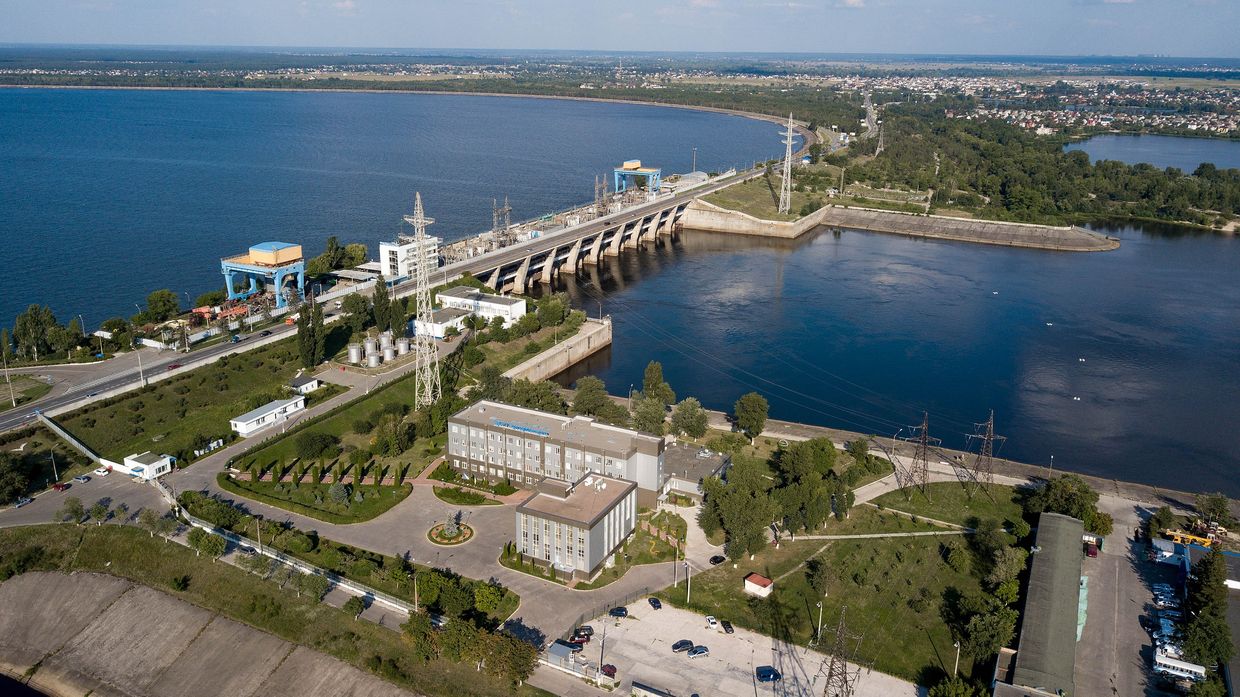Ukraine war latest: Russian losses reach 'conflict highs,' UK Defense Ministry says

Key developments on July 12:
- Russian losses in Ukraine reached 'conflict highs' in past 2 months, UK Defense Ministry says
- Permission to strike Russia with UK missiles 'not a done deal,' British officials tell Telegraph
- Ukraine's Prosecutor General urges ICC to prosecute Russian attack on Kyiv hospital
- 'Depends on circumstances,' Danish PM says on Ukraine using F-16s to strike inside Russia
Russian losses in Ukraine reached "conflict highs" during May and June, the U.K. Defense Ministry reported on July 12.
In an intelligence report on X, the ministry said average daily Russian casualties – both killed and wounded – reached 1,262 and 1,163 in the two months, respectively.
"In total, Russia likely lost in excess of 70,000 personnel over the past two months," the statement read.
The ministry said the losses were due in large part to Russia's failed attempt to advance into Ukraine's Kharkiv Oblast, which opened a new front in the war in early May.
"Although this new approach has increased the pressure on the front line, an effective Ukrainian defense and a lack of Russian training reduces Russia's ability to exploit any tactical success, despite attempting to stretch the front line further," the ministry said.
"Russia's casualty rate will likely continue to average above 1,000 a day over the next two months as Russia continues to try to overmatch Ukrainian positions with mass."
European Pravda reported on June 13 that according to its undisclosed NATO source, Russian losses in the Kharkiv offensive have been "astronomical."
The source estimated that "Russia likely suffered losses of almost 1,000 people a day in May."
President Volodymyr Zelensky said in an interview published on May 25 that Russia's losses during the offensive were eight times higher than those suffered by Ukraine's Armed Forces.
As of July 12, Russia has lost 556,650 troops in Ukraine since the beginning of its full-scale invasion on Feb. 24, 2022, the General Staff of Ukraine's Armed Forces reported.
The figures could not be independently verified.
Permission to strike Russia with UK missiles 'not a done deal,' British officials tell Telegraph
Ukraine has not received permission to use British-supplied Storm Shadow missiles to strike Russian territory, unnamed U.K. official sources told the Telegraph in a comment published on July 11, explaining that the situation is "more nuanced."
Later the same day, U.K. Foreign Secretary David Lammy said in an interview with European Pravda that the matter is still under consideration but refused to provide details.
The confusion began when new U.K. Prime Minister Keir Starmer apparently signaled on July 10 that Ukraine could use Storm Shadow to hit military targets inside Russia.
The missiles are "obviously to be used in accordance with international humanitarian law" and "for defensive purposes," but "it is for Ukraine to decide how to deploy (them) for those defensive purposes," Starmer said during the NATO summit in Washington.
Starmer's remarks echoed the words of former U.K. Foreign Secretary David Cameron, who said early in May that Kyiv had the right to use the weapons provided by London to strike targets on Russian soil. The Kyiv Independent's source in the Presidential Office disputed the statement at the time, saying that there was no green light from the U.K.
After his meeting with Starmer, President Zelensky said that the two had discussed "the practical implementation" of the U.K.'s permission to use Storm Shadow against targets in Russia.
Defense Minister Rustem Umerov also mentioned "Britain's permission to use Storm Shadow missiles against military facilities in Russia" in a post on social media.
The Telegraph reported soon after that despite Starmer's remarks, the country has not relaxed its policy on long-range missile use, as officials fear such a step may lead to an "escalation."
The newspaper's senior defense source claimed that the situation "was more nuanced" than Zelensky suggested. The permission for long-range missile strikes on targets inside Russia would require the approval of three countries.
Though the sources did not specify the other two countries, France produces its own variants of Storm Shadow called SCALP/T, which have also been supplied to Ukraine.
When asked if Ukraine would fire Storm Shadow into Russia, the source told the newspaper that "it is not going to happen."
The sources also said that the missile had not been used this year, adding that Zelensky would have to "seek assurances elsewhere" before Ukraine could launch Storm Shadow on Russian soil. The assurances "were not a done deal," they said.
The Kyiv Independent requested comment from Ukraine's Defense Ministry, the U.K. Defense Ministry, and Zelensky's office but did not receive a response at the time of publication.
Ukraine's Prosecutor General urges ICC to prosecute Russian attack on Kyiv hospital
Ukraine's Prosecutor General Andrii Kostin called on the International Criminal Court (ICC) to prosecute Russia's missile attack on the Okhmatdyt children's hospital in Kyiv, he told Reuters on July 11.
Russian forces launched a missile strike on Ukraine on July 8, killing at least 44 people and injuring nearly 200 others. One Russian missile directly struck Okhmatdyt, Ukraine's largest children's medical center.
The attack there killed three people, destroyed one building, and damaged four others in the hospital complex. Thirty people have been killed elsewhere in the capital.
"For the sake of international justice, cases like the intentional attack on the biggest child hospital in Kyiv (are) worth lifting to the ICC," Kostin told Reuters in The Hague.
If the ICC starts investigating the strike on the hospital, it could help establish a pattern of attacks that show Russia is committing crimes against humanity in Ukraine, Kostin said. Kyiv is open to providing the court with any evidence and details of its investigation, he added.
A team from the ICC Prosecutor's Office visited the site of the attack. While the ICC has not publicly commented on what charges it is investigating, it has warned that anyone found responsible for an attack on civilian objects could be prosecuted, Reuters wrote.
The Russian military struck Okhmatdyt with a Kh-101 cruise missile, according to the preliminary data obtained by the State Security Service (SBU). A law enforcement source told the Kyiv Independent that the missile was launched in accordance with a programmed route.
Over 600 patients and at least as many staff members were at the Okhmatdyt and the Ukrainian Center for Pediatric Cardiac Surgery, located near the hospital, at the moment of the attack.
'Depends on circumstances,' Danish PM says on Ukraine using F-16s to strike inside Russia
The permission for Ukraine to strike inside Russia with Danish-supplied F-16s will "depend on the circumstances," Danish Prime Minister Mette Frederiksen told RFE/RL on July 12 while confirming that it will be allowed in some cases.
Copenhagen previously indicated that its F-16s, which should be already on their way to Ukraine, can be used by Kyiv to strike at targets in Russia "within the rules of war."
When asked about the matter by an RFE/RL reporter in Washington, Frederiksen said, "You cannot put that question and expect simple answers because it all depends on the circumstances. It has to be according to international law."
"But it is possible also to reach targets outside Ukraine, yes," the prime minister added.
In addition to Denmark, the Netherlands, Belgium, and Norway have also promised to supply Ukraine with their F-16 jets. The pledged aircraft have so far amounted to 79, including 19 from Copenhagen.
The Netherlands indicated that it would allow Ukraine to strike inside Russia, while Belgium said that its F-16s are intended only for use on Ukrainian territory.
Frederiksen echoed President Zelensky's statement that the number of F-16s currently pledged is not sufficient in the face of Russian airpower.
"That's one of the reasons why we have built an international F-16 coalition," Frederiksen said, voicing hopes that other countries will offer further assistance with training and aircraft.














